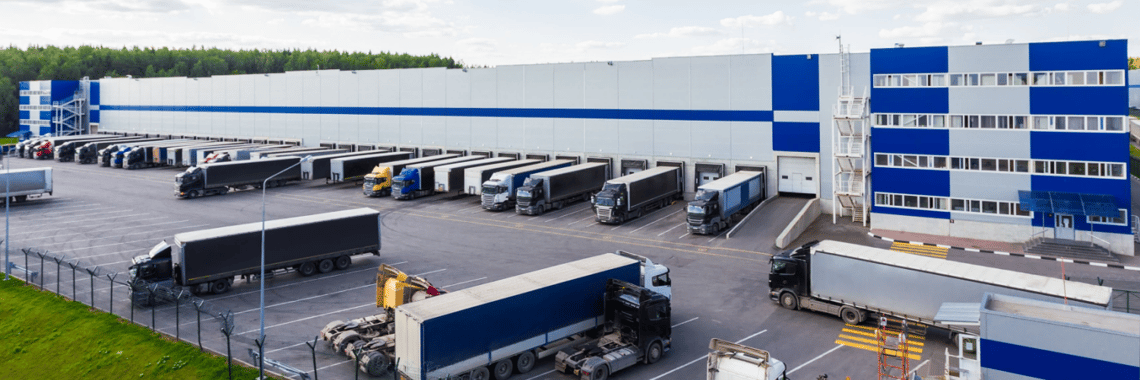What coverages does warehouse insurance provide?
Warehouse insurance typically covers various situations in which a warehouse could be financially responsible for property damage or loss.
A policy, depending on its terms and conditions, might cover product and inventory damage that's caused by:
- Careless handling or storage
- Climate control systems that malfunction
- Failure to perform facility maintenance
- Fire or explosion
- Theft or vandalism
An insurance agent who specializes in warehouse policies can help businesses assess what a specific policy would and wouldn't cover.

Do warehouses need commercial auto coverage?
Warehouses that have vans or trucks typically require commercial auto coverage. Commercial auto coverage normally protects vehicles that can be driven on roads, and coverage is usually mandated by state law when vehicles are taken on roadways.
Warehouses may also need coverage for other equipment, like forklifts. This type of equipment is often covered by equipment-specific insurance, rather than a commercial auto policy.
A knowledgeable insurance agent will be able to help warehouses make sure all of their vehicles and other equipment are properly protected.
What's the difference between general liability coverage and warehouse legal liability coverage?
Both warehouse legal liability coverage and general liability coverage provide protection in situations where a business could be sued for financial liability, but they cover different types of incidents.
General liability coverage typically covers common "slip and fall" accidents that result in third-party injury. If a vendor, other company’s driver or customer is injured on a business's property, any injuries might be covered by general liability. This is a more general risk that almost any business with a location could face.
Warehouse legal liability coverage usually protects against incidents where a warehouse is liable for lost or damaged goods. If a customer's goods that are being stored in a warehouse get damaged, this coverage might pay the customer. This is a risk that's more specific to operating a warehouse.

How are lost goods valued by warehouse policies?
Most warehouse legal liability policies use one of two methods to value goods:
Standard valuations may assign a fixed value per pound to goods. If goods are valued at $0.40 per pound, for example, the compensation for 500 pounds of lost inventory would likely be $200.00.
Some policies use a "landed cost" valuation, which usually takes into account the cost of manufacturing, transporting and storing goods. This amount is typically significantly higher than a standard per-pound valuation, and it often provides a more accurate reflection of the actual cost of loss.
The choice between these two coverage types depends on the protection that warehouses want to offer their customers. Most warehouses specify either standard or landed cost protection in their contracts, and it's generally recommended to have an insurance policy that aligns with the goods' valuation in a warehouse's contracts.
When considering these two options, warehouses should consult with an insurance agent who's well-versed in such details.

How can warehouses in Massachusetts get warehouse legal liability insurance?
For assistance in finding warehouse legal liability insurance in Massachusetts, contact the independent insurance agents at Paul T. Murphy Insurance. We'll help you make sure your warehouse is properly protected with this and any other necessary coverages.





.png?width=145&height=64&name=Arbella_Insurance_Logo%20(1).png)